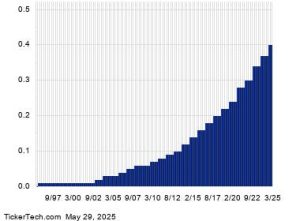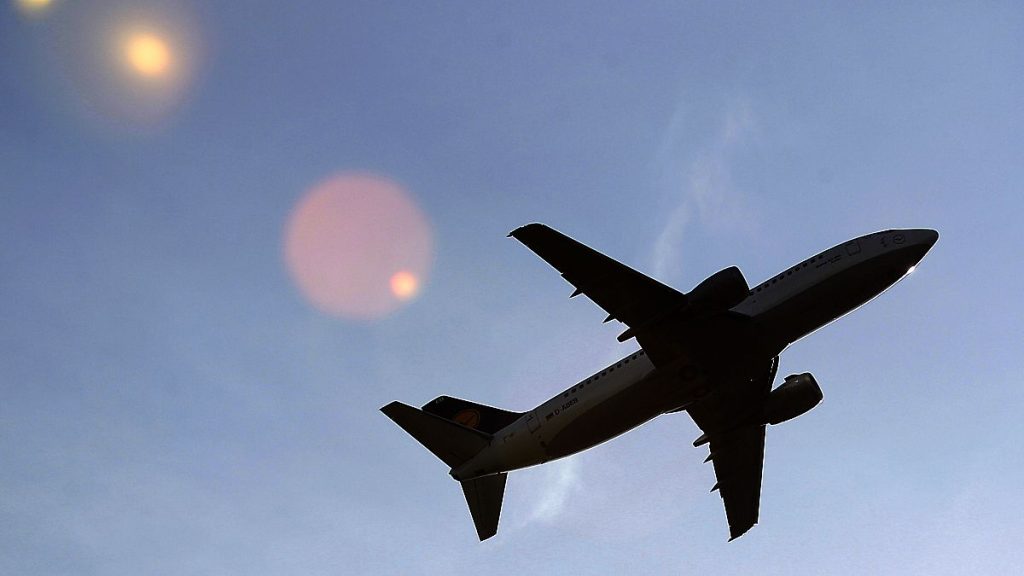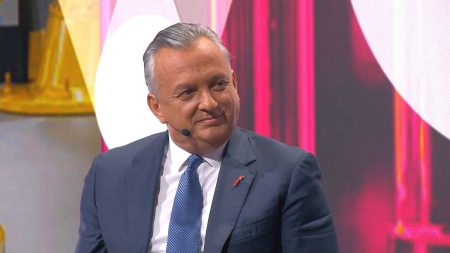The European Commission’s ambitious proposal to overhaul energy taxation within the European Union, a cornerstone of its “Fit for 55” climate package, has stalled amid persistent divisions among member states. This legislative initiative seeks to modernize outdated tax rules by shifting levies away from fossil fuels and towards greener energy sources, aligning with the EU’s overarching goal of achieving net-zero carbon emissions by 2050. However, the requirement for unanimous approval from all 27 member states has created a significant hurdle, leaving this crucial element of the climate package in limbo.
A key point of contention revolves around the taxation of aviation and shipping fuels. Currently, these sectors enjoy exemptions from fuel duty, a legacy of international agreements. The Commission’s proposal aimed to eliminate these exemptions, at least for intra-EU travel, recognizing the disparity between the significant taxes levied on road fuels like petrol and diesel and the lack of equivalent taxation on kerosene used by airlines. This disparity has been criticized by environmental groups and some EU officials as unfair and counterproductive to climate goals. However, countries heavily reliant on tourism, such as Greece, Italy, and Cyprus, express concerns about the potential impact on their competitiveness if the EU unilaterally imposes these taxes while non-EU competitors remain exempt.
Hungary’s attempt to broker a compromise by suggesting the retention of the aviation and shipping fuel exemptions failed to gain traction. While this proposal was intended to break the deadlock, it drew criticism from environmental organizations and some EU officials, who viewed it as undermining the core objective of the tax reform. The debate underscores the complex interplay between environmental objectives, economic competitiveness, and political sensitivities. The “yellow vest” protests in France, sparked by a green levy on petrol and diesel, serve as a stark reminder of the potential for social unrest when fuel taxes are perceived as unfairly burdening citizens.
The current energy taxation framework, unchanged since 2003, is widely acknowledged as outdated and ill-equipped to address the challenges of the 21st century. Commissioner Wopke Hoekstra, responsible for both tax and climate policy, has emphasized the need for a fairer and more effective system. He argues that the current exemption for the aviation sector places an undue burden on other sectors to compensate in terms of emissions reductions. While the aviation industry maintains that it already contributes to pollution mitigation through the EU’s Emissions Trading System (ETS), critics argue that this mechanism alone is insufficient to address the sector’s environmental impact.
The issue is further complicated by the prevailing economic climate. Soaring energy prices and the associated inflationary pressures have heightened public sensitivity to any measures that could further increase the cost of living. The recent political upheaval in France, partially triggered by a proposed electricity tax hike, illustrates the political risks associated with implementing unpopular tax measures, even those aimed at achieving laudable environmental goals.
Despite the impasse, there remains a degree of optimism that a compromise can eventually be reached. The outgoing Hungarian EU Council Presidency acknowledged the need for continued discussions and expressed a view that progress, albeit slow, is being made. The challenge lies in finding a solution that balances the competing interests of member states, addresses environmental concerns, and avoids triggering social or economic instability. The ongoing debate highlights the inherent difficulties in achieving consensus on complex policy issues within a diverse political landscape, particularly when those issues intersect with economic and social sensitivities. The future of the EU’s energy taxation reform remains uncertain, but the outcome will have significant implications for the bloc’s ability to meet its ambitious climate targets.










